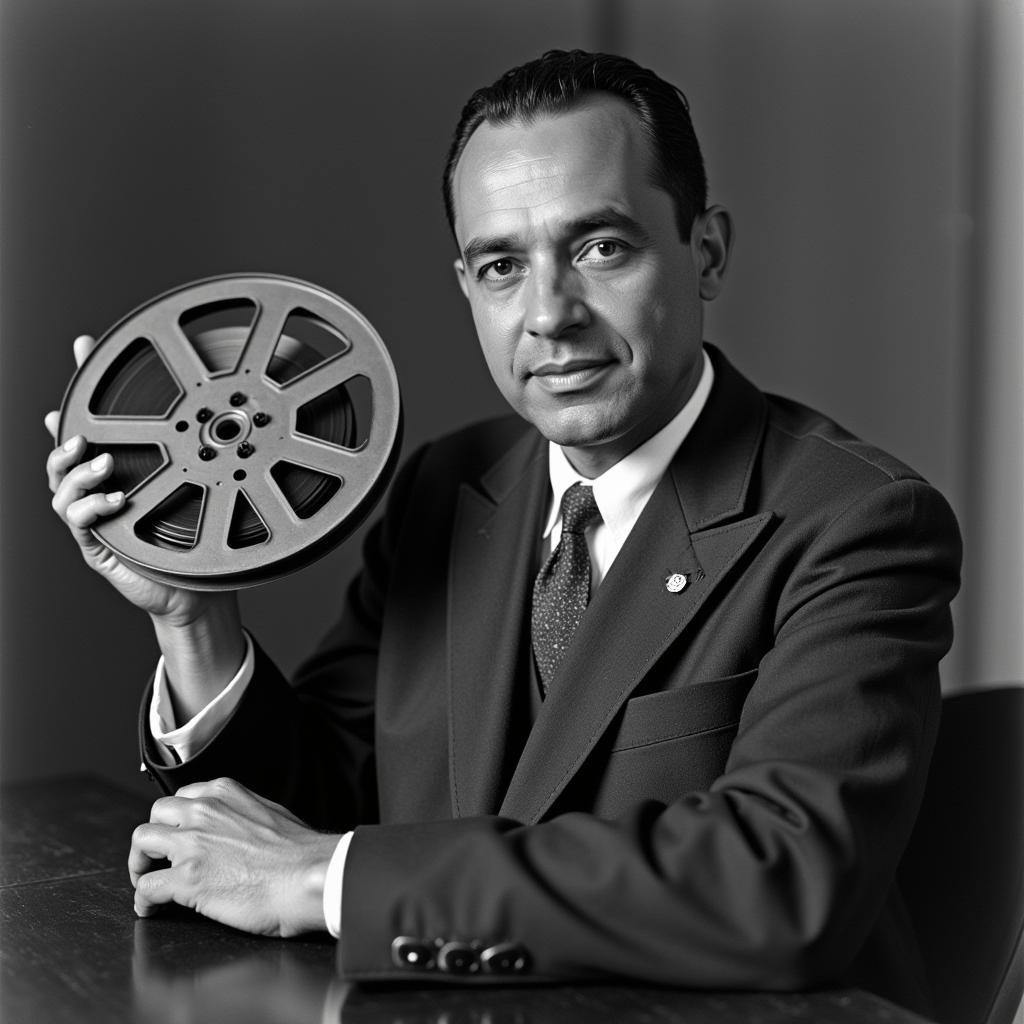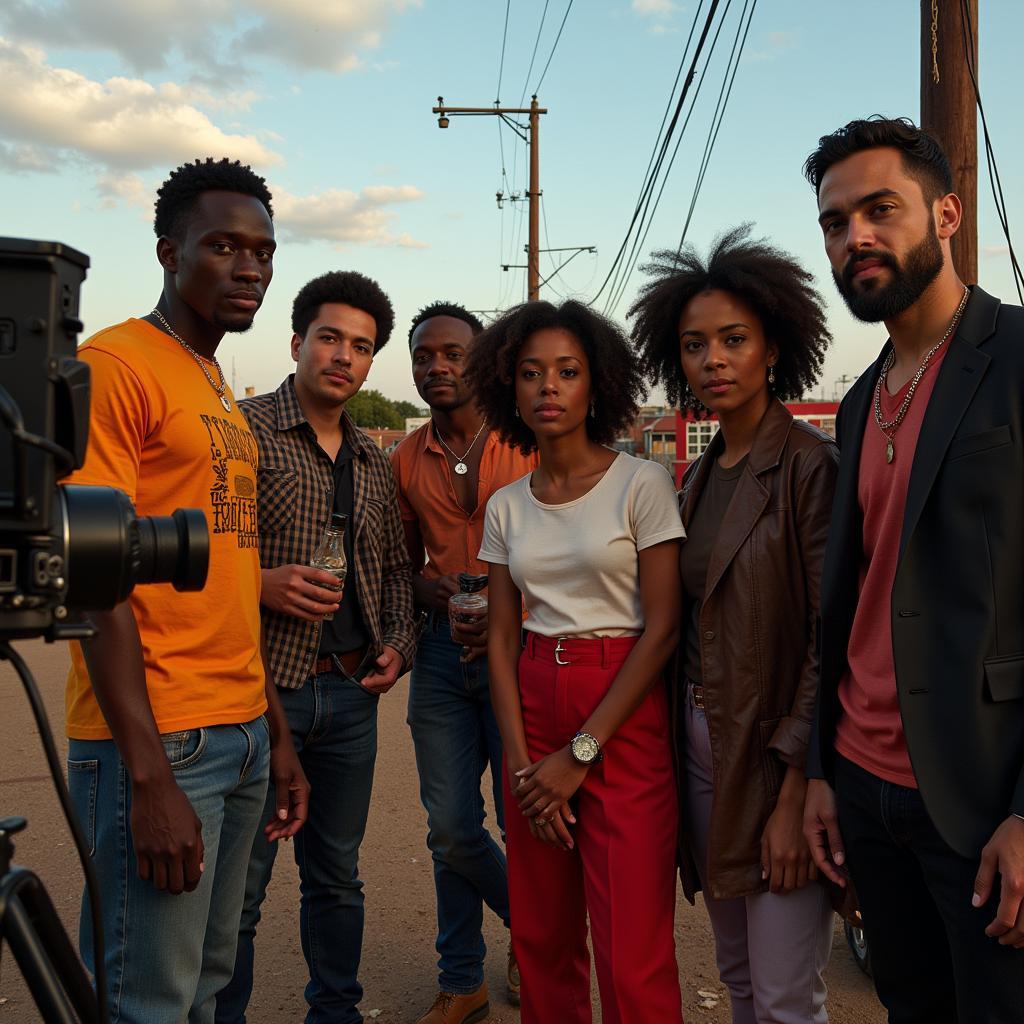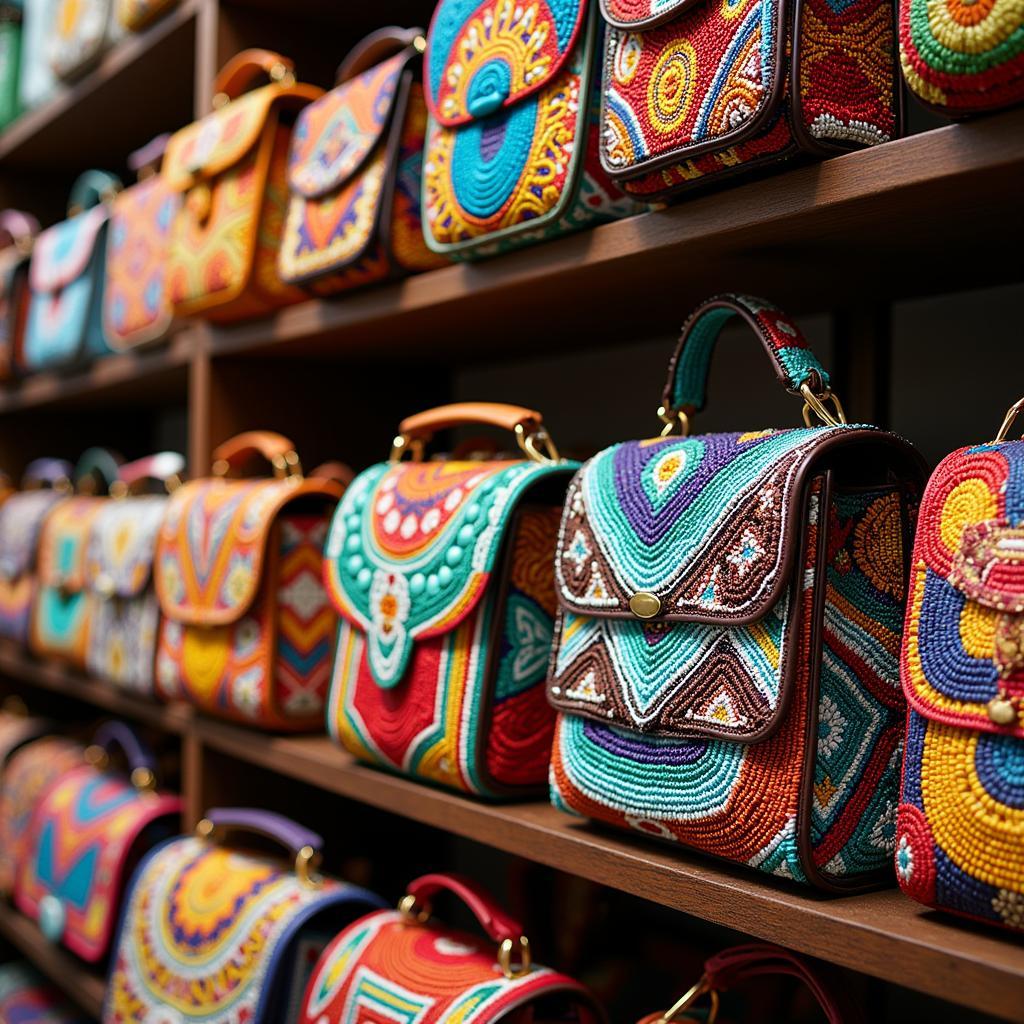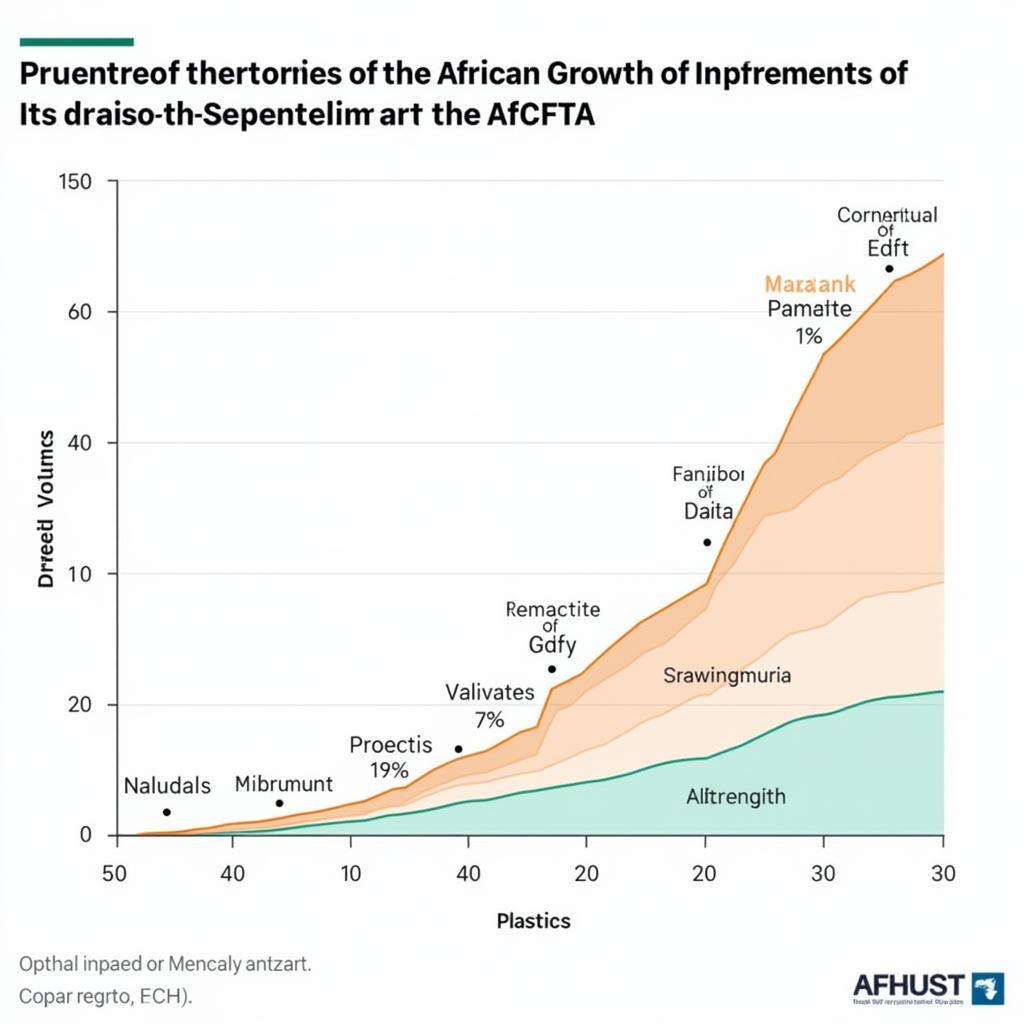1st Academy Awards for African American Actors: A Legacy Ignored
The 1st Academy Awards, held in 1929, marked the beginning of Hollywood’s most prestigious awards ceremony. While this event is often remembered for its groundbreaking films and performances, it’s crucial to acknowledge the lack of recognition for African American artists at the time. Despite the burgeoning presence of Black talent in the film industry, the 1st Academy Awards failed to nominate any African American actors, reflecting the pervasive racial prejudice and discrimination that shaped early Hollywood.
The Unseen Talents of Early Black Cinema
The absence of African American nominees at the 1st Academy Awards wasn’t due to a lack of talent. The 1920s saw a rise in “race films,” independent productions featuring Black casts and catering to Black audiences. These films provided opportunities for African American actors, writers, and directors to showcase their skills and tell their stories.
One such prominent figure was Oscar Micheaux, a prolific filmmaker who wrote, directed, and produced over 40 films throughout his career. His work often addressed racial injustice and challenged the stereotypical portrayals of African Americans in mainstream cinema. Micheaux’s films, like “Within Our Gates” (1920) and “Body and Soul” (1925), were critically acclaimed within Black communities but were largely ignored by the white-dominated Hollywood establishment.
 Oscar Micheaux, a Pioneering Black Filmmaker
Oscar Micheaux, a Pioneering Black Filmmaker
Another significant figure was Lincoln Perry, better known by his stage name Stepin Fetchit. Although his comedic roles often reinforced harmful stereotypes, Perry’s popularity during this era highlights the complex relationship between Black performers and early Hollywood. While he achieved commercial success, Perry’s career also serves as a reminder of the limited and often demeaning roles available to African American actors at the time.
These talented individuals, along with countless others, contributed significantly to the development of early cinema. Yet, their contributions were largely overlooked by the Academy Awards, reflecting the systemic racism that permeated the film industry.
The Legacy of Exclusion and the Path to Progress
The lack of recognition for African Americans at the 1st Academy Awards set a precedent for decades of underrepresentation and exclusion. It wasn’t until 1939 that Hattie McDaniel became the first African American to win an Oscar for her supporting role in “Gone with the Wind.” While a historic achievement, McDaniel’s win was bittersweet, as she was still subject to segregation and discrimination within Hollywood.
The fight for equal representation in the film industry continues today. Organizations like the Black Filmmakers Foundation and the African American Film Critics Association work tirelessly to promote diversity and champion the work of Black artists.
 Contemporary African American Filmmakers
Contemporary African American Filmmakers
The 1st Academy Awards serve as a stark reminder of the historical injustices faced by African Americans in Hollywood. By acknowledging these injustices and celebrating the achievements of those who persevered, we can strive for a more inclusive and equitable future for all artists, regardless of race.
Frequently Asked Questions
Who was the first African American to win an Oscar?
Hattie McDaniel was the first African American to win an Oscar in 1939 for her supporting role in “Gone with the Wind.”
What were “race films”?
“Race films” were independent films produced in the 1910s-1950s featuring Black casts and catering primarily to Black audiences. They provided opportunities for Black artists to showcase their talents and tell their stories.
Why is it important to acknowledge the lack of diversity at the 1st Academy Awards?
Recognizing this lack of diversity highlights the historical exclusion of African Americans in Hollywood and emphasizes the ongoing need for greater representation and inclusivity in the film industry.
For more information about the African diaspora and its impact on global culture, explore our articles on African communities in Canada and the achievement of organization of african unity.
Contact us at +255768904061, kaka.mag@gmail.com or visit our office in Mbarali DC Mawindi, Kangaga, Tanzania for any inquiries. Our customer service team is available 24/7 to assist you.


